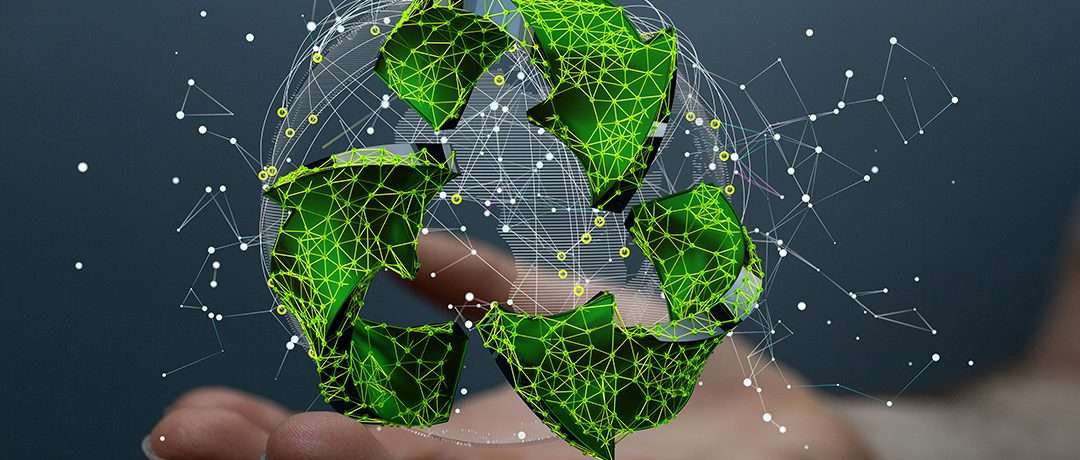
One of the most significant advancements in our understanding of the world and its future potential for development during the latter half of the 20th century was the emergence of the concept of sustainable development. The escalating global population in relation to finite resources, the economic downturn following World War II, and the worsening environmental issues, compounded by socioeconomic impacts, have all contributed to an increased global concern for the future of humanity. As a result, the formulation of preliminary considerations regarding sustainable development has become critical.
In 1987, the International Commission on Environment and Development, led by Norwegian Prime Minister Gro Harlem Brundtland, published “Our Common Future” which was also known as the Brundtland Report. This report represented the initial expression of global concerns regarding sustainable development. It provided a definition of sustainable development that is still in use today, which emphasizes that development should meet the present generation’s needs without jeopardizing the ability of future generations to meet their own needs. This definition stresses the importance of balancing economic progress with social welfare and environmental protection to ensure a sustainable future for all.
The Sustainable Development Summits held in Rio de Janeiro, Brazil in 1992 and Johannesburg, South Africa in 2002 significantly contributed to improving the understanding of the concept of sustainable development among countries worldwide. The United Nations organized the Sustainable Development Conference in Rio de Janeiro in 2012, which served as a critical milestone in the emergence of the Sustainable Development Goals (SDGs) framework. Building on the issues addressed during these summits and conferences and the related documents, the United Nations General Assembly adopted the 2030 Agenda for Sustainable Development, which includes 17 goals, 169 targets, and 232 indicators, in 2015. The SDGs aim to ensure a world where people live in prosperity, peace, and equality while protecting the environment. The SDGs have been adopted by 193 countries worldwide, highlighting the significant global consensus on the need for sustainable development.
Although achieving the SDGs may seem challenging, it is encouraging to see world governments, corporations, non-governmental organizations, and individuals taking initial steps towards working together to achieve these goals. One such step is recycling, which has several SDGs incorporated within it. The recycling process involves transforming waste into new products, thus reducing the need for additional raw materials and energy. Moreover, recycling reduces waste and helps prevent air and water pollution. The recycling process comprises collecting, sorting, transporting materials to a processing point, processing, and producing new products.
Informal recycling practices emerged after World War II, with people recycling rubber boots, metal cans, and cooking oil. However, it was environmental protection organizations in the United States that revitalized the field of recycling. The American celebration of World Earth Day on April 22, 1970, was a significant turning point for environmental protection and the recycling industry’s formation.
New Jersey Mayor Don Sanderson initiated a campaign to sort waste and sell it to companies for recycling, marking the first such effort in the United States. Although initially met with resistance from the public, education efforts led to 85% of waste being sorted and sent for recycling within three months. Promotional strategies, such as turning waste into energy and incentivizing recycling by providing receipts for recycled materials, have contributed to the modern development of the recycling industry.
The recycling industry can positively impact economic, social, and environmental sustainability by implementing innovative practices. From innovative sorting methods to efficient transportation of waste to processing facilities and utilizing it for energy or creating new products, technological advancements can greatly enhance the recycling process. When considering the entire recycling process, from on-site sorting to the final product, we can observe a positive influence on several SDGs, including:
SDG 7 – Affordable and Clean Energy
Recycling leads to energy savings by reducing the need to extract, process, and manufacture natural raw materials, resulting in a lower carbon footprint and a more efficient use of resources, contributing to achieving the SDG 7 of affordable and clean energy.
SDG 9 – Industry, Innovation and Infrastructure
The recycling industry plays a vital role in improving the technologies and innovations related to waste management, strengthening infrastructure, and developing sustainable economic systems, in line with SDG 9.
SDG 11 – Sustainable Cities and Communities
Recycling conserves natural resources, reduces waste, and improves the well-being of communities by increasing their resilience, thus contributing to achieving SDG 11 of sustainable cities and communities.
SDG 12 – Responsible Consumption and Production
Recycling is an essential component of the circular economy, which promotes responsible consumption and production patterns by reducing waste and conserving resources, contributing to achieving SDG 12.
SDG 13 – Climate Action, SDG 14 – Life Below Water, and SDG 15 – Life on Land
Recycling effectively addresses the negative impact of waste on the environment, including plastic waste in marine ecosystems, radioactive waste in the Earth’s soil cover, and waste management challenges, in line with achieving the SDG 13, 14, and 15 goals.
Recycling is a vital part of a circular economy, which can reduce waste, conserve resources, and reduce greenhouse gas emissions. It also creates jobs, promotes social cohesion, and reduces social inequalities. However, to maximize its benefits, we need to adopt innovative practices such as technology, better materials, and public awareness. Recycling is crucial for sustainable development and addressing environmental, social, and economic challenges.
However, to fully realize the benefits of recycling, we need to adopt innovative practices that improve the efficiency and effectiveness of recycling systems. This includes implementing technologies that can automate and optimize recycling processes, developing new materials and products that are easier to recycle, and increasing public awareness and participation in recycling programs.
Overall, recycling is a crucial tool in achieving sustainable development and addressing some of the world’s most pressing environmental, social, and economic challenges. By embracing innovative recycling practices, we can create a more sustainable future for ourselves and future generations.
Ulvi Hasanzade,
PhD Candidate in Economics, Azerbaijan University

